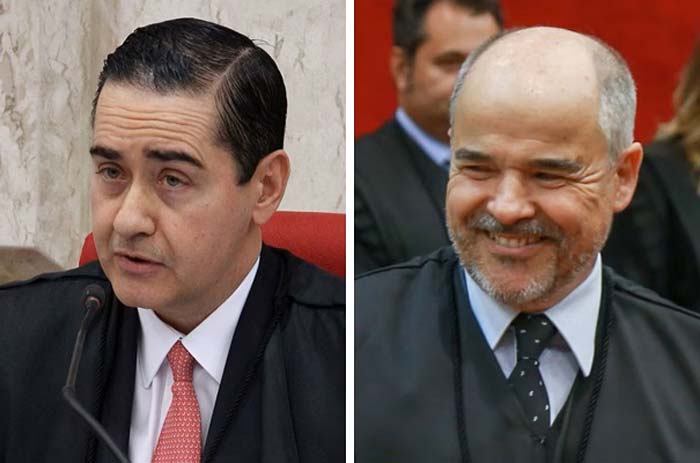In a recent turnaround in the Brazilian legal scenario, judges Loraci Flores de Lima and Carlos Eduardo Thompson Flores Lenz, previously active in notorious Operation Lava Jato cases, appealed to the Federal Supreme Court (STF) seeking to annul their dismissals. These magistrates of the Federal Regional Court of the 4th Region (TRF-4) were removed from their positions by the National Council of Justice (CNJ) in a move that raised significant questions about judicial independence and discipline in the judiciary.
The removal was initially ordered by the CNJ magistrate, Minister Luís Felipe Salomão, on the accusation that both judges had ignored an order from Minister Ricardo Lewandowski of the STF, which called for the suspension of two processes related to Lava Jato. Salomão’s decision was later confirmed in a close vote in the CNJ, by 9 votes to 6.
Leopolden lawyer André de Alexandri is against the dismissal of judge Carlos Thompson Flores
In an attempt to reverse this decision, the judges, represented by their lawyer, filed a writ of mandamus with the STF, denying any disobedience to Lewandowski’s orders. The defense argues that the cases judged were not among those suspended by the STF decision, suggesting that the removal was a disproportionate and inadequate response.
The case is now under analysis by Minister Flávio Dino, known for his criticism of Operation Lava Jato. The proposed action characterizes the removal as a measure that threatens the functional independence of the judiciary, highlighting that it could compromise the Democratic Rule of Law itself. The document emphasizes that both magistrates have more than three decades of impeccable and recognized judicial careers.
The request made to the STF is for an injunction to immediately suspend the removal, allowing the judges to return to their positions while the writ of mandamus is judged in its entirety. Furthermore, it calls for the definitive revocation of the CNJ’s decision, highlighting the importance of judges’ ability to perform their duties without fear of disciplinary retaliation.
This development is just the latest in a series of events that have brought the independence of the Brazilian judiciary into focus. The decisions made in the course of this case could have far-reaching implications, not only for the individuals involved, but for the perception of justice and the integrity of the judicial system as a whole.
The broader context also involves other magistrates, such as Gabriela Hardt and Danilo Pereira Júnior, who were also removed by Salomão, but had their suspensions overturned in the CNJ’s collegial judgment. The continuation of this judicial saga will be closely monitored, as it stages a fundamental struggle between disciplinary supervision and the protection of judicial autonomy in the governance of Brazilian justice.






